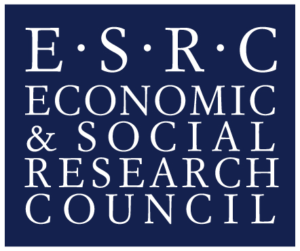Perspectives on the purpose of town centres in North East England:
A seminar organised by the Institute for Local Governance at Teesside University, Darlington, Friday 23rd November 2018, 9.30 – 13.00
THIS SEMINAR IS NOW FULLY BOOKED
Town centres provide options for working, socialising, shopping and pampering ourselves. But they are more than just hubs for such activity, they also represent a focal point for civic pride and sometimes protest – they tell us something about our local culture, our sense of place and about who we are.
Recently, however, alarm bells have been ringing about the decline of town centres. Some of these challenges are not new. For years, critics have argued that there has been an over-production of retail space. Certainly, North East towns have experienced increased competition from out-of-town shopping centres – especially from supermarkets, DIY, furniture and electrical goods outlets.
But the growing popularity of online shopping is now threatening other high street staples. The closure of banks and other high street institutions such as Marks and Spencer has been accompanied by an inward rush of discount stores and charity shops. Empty shops look like scars on the urban landscape – offending the integrity and prominence of towns.
This seminar aims to challenge doom-laden accounts of town centre decline and will look at recent positive thinking on how to reshape urban space, reuse buildings and renew social pathways into the town as a socially inclusive cultural, working and, once again, residential arena. In so doing it will try to balance debates which prioritise economic wellbeing with those associated with social and cultural growth.
The seminar will be chaired by Councillor Chris McEwan, Deputy Leader, Darlington Borough Council, and speakers will include:
- Rachel Anderson, North East England Chamber of Commerce: on the diverse challenges facing five town centres in North East England.
- Professor Colin Haylock, University College London and Old Oak and Park Royal Development Corporation: on planning and urban design with more varied uses to enrich the role and reshape the experience of town centres.
- Richard McGuckin, Director of Growth and Development, Stockton-on-Tees Borough Council: on town centre cultures and the journey of transformation.
- Chris Watson, Head of Land and Communities, Groundwork NE & Cumbria: on the engagement of the community with town centre regeneration strategies.
The Institute for Local Governance is a North East Research and Knowledge Exchange Partnership established in 2009 comprising the North East region’s Universities, Local Authorities, Police and Fire and Rescue Services.
Unfortunately, Chris Watson was unable to speak at the seminar. Issues surrounding community engagement were discussed by Tony Chapman, but this did not discuss the work of Groundwork North East. All other seminar presentations can be downloaded here.
Colin Haylock – Whose town centre is it anyway
Tony Chapman – Whose town is it anyway
Rachel Anderson – Whose town centre is it anyway
Richard McGuckin – Whose town is it anyway

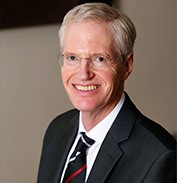 In this hard-hitting paper, Tim Blackman, a serving Vice-Chancellor, calls for a much less hierarchical higher education sector. He shows how this will benefit students, the quality of learning and social mobility and, most importantly, he shows how to get there.
In this hard-hitting paper, Tim Blackman, a serving Vice-Chancellor, calls for a much less hierarchical higher education sector. He shows how this will benefit students, the quality of learning and social mobility and, most importantly, he shows how to get there. As Policy&Practice gear up for the fifth wave of the Third Sector Trends study in 2019 across North East England, it is crucial to understand the link between the wellbeing of the charity sector and philanthropic giving.
As Policy&Practice gear up for the fifth wave of the Third Sector Trends study in 2019 across North East England, it is crucial to understand the link between the wellbeing of the charity sector and philanthropic giving. ntly published article in Discover Society, Professor Tony Chapman, Director of Policy&Practice, and Honorary Professor of Social Policy in the Department of Sociology summarises the pitfalls of focusing too much on individuals’ responsibility to commit to long-range social mobility at the expense of more proximate and realistic ambitions.
ntly published article in Discover Society, Professor Tony Chapman, Director of Policy&Practice, and Honorary Professor of Social Policy in the Department of Sociology summarises the pitfalls of focusing too much on individuals’ responsibility to commit to long-range social mobility at the expense of more proximate and realistic ambitions.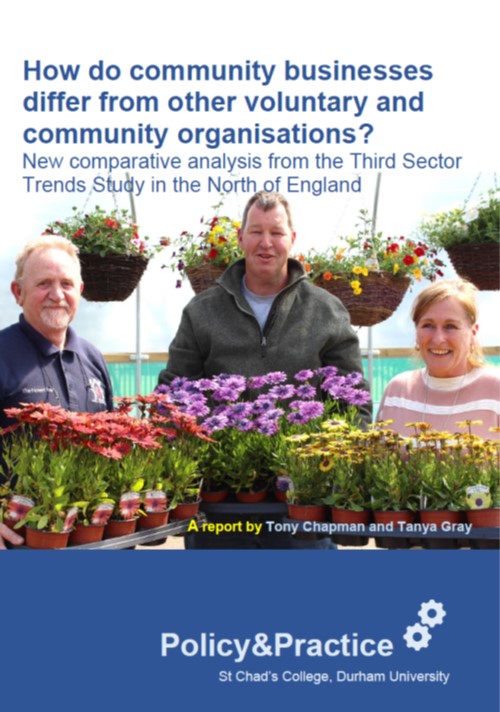 It is generally accepted that community businesses are distinctive because they are locally rooted, they trade for the benefit of the local community and, as such, they are capable of achieving community impact. While community businesses may be located in communities and contribute to them socially and economically, to what extent are they accountable to communities; and if so, how might that be assessed? Furthermore, the seminar asks: does community accountability matter if they are providing jobs, facilities and services?
It is generally accepted that community businesses are distinctive because they are locally rooted, they trade for the benefit of the local community and, as such, they are capable of achieving community impact. While community businesses may be located in communities and contribute to them socially and economically, to what extent are they accountable to communities; and if so, how might that be assessed? Furthermore, the seminar asks: does community accountability matter if they are providing jobs, facilities and services?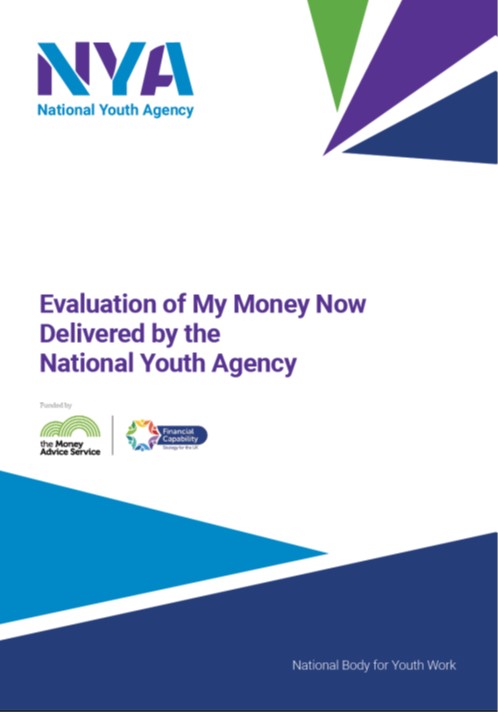
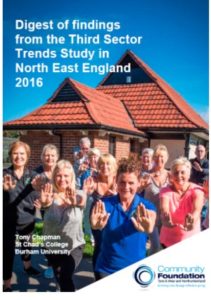 & Wear and Northumberland has been running every two years since 2010. The survey of over 1,000 Third Sector organisations (TSOs), asks charity bosses to assess the value of different sources of funding in ‘relative’ terms – that is to tell us about the balance of reliance on different sources of income.
& Wear and Northumberland has been running every two years since 2010. The survey of over 1,000 Third Sector organisations (TSOs), asks charity bosses to assess the value of different sources of funding in ‘relative’ terms – that is to tell us about the balance of reliance on different sources of income.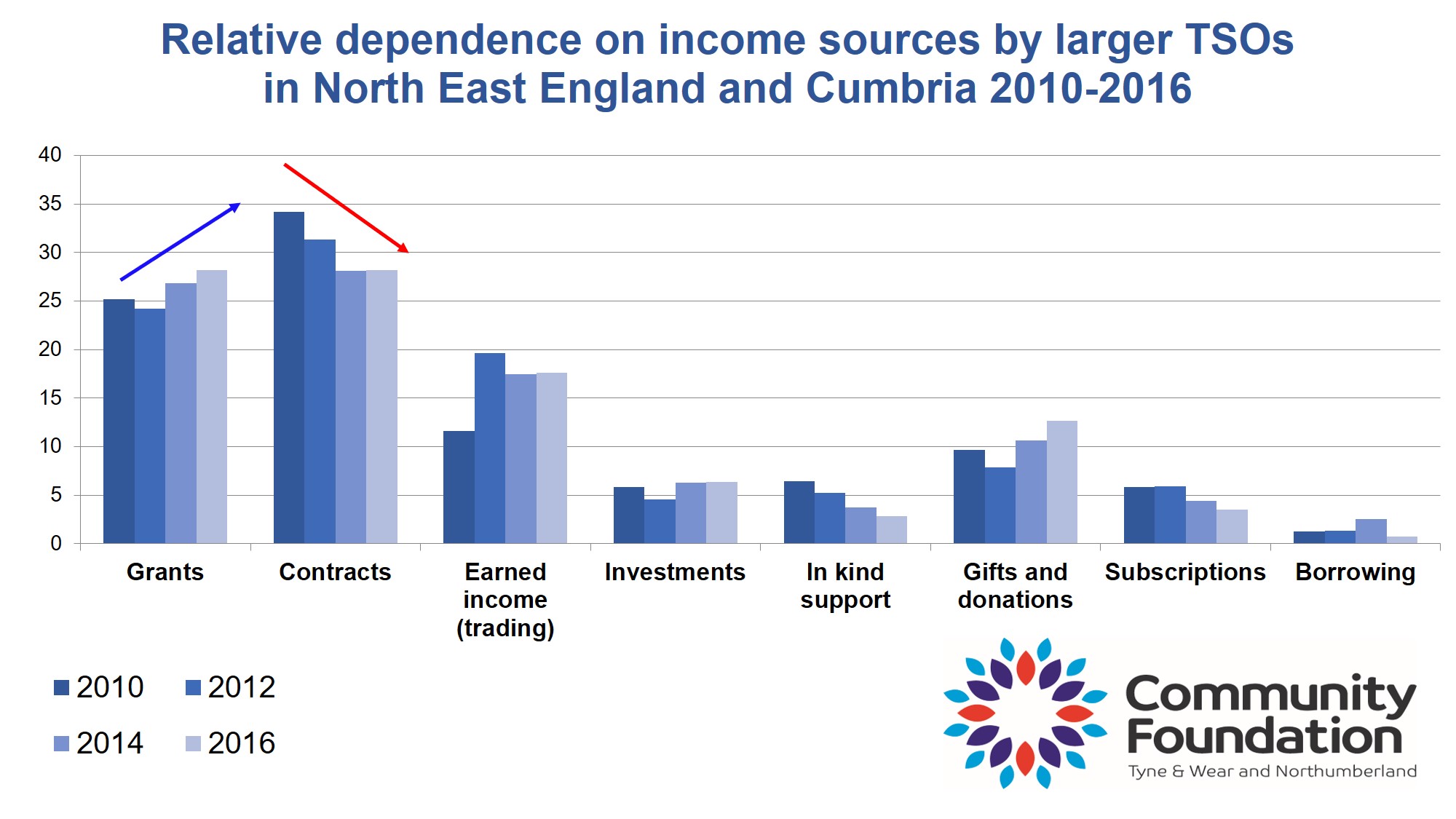
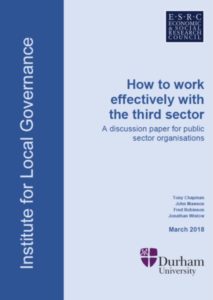 ce which shape ideas about what is ‘possible’ and ‘desirable’ when thinking about working with other sectors. These values and practices stem largely from the fact that they are large, complex, formal and publicly accountable organisations. Large organisations, by definition, have a complex division of labour and principles of professionalism are underpinned by shared values surrounding expertise and specialisation.
ce which shape ideas about what is ‘possible’ and ‘desirable’ when thinking about working with other sectors. These values and practices stem largely from the fact that they are large, complex, formal and publicly accountable organisations. Large organisations, by definition, have a complex division of labour and principles of professionalism are underpinned by shared values surrounding expertise and specialisation.